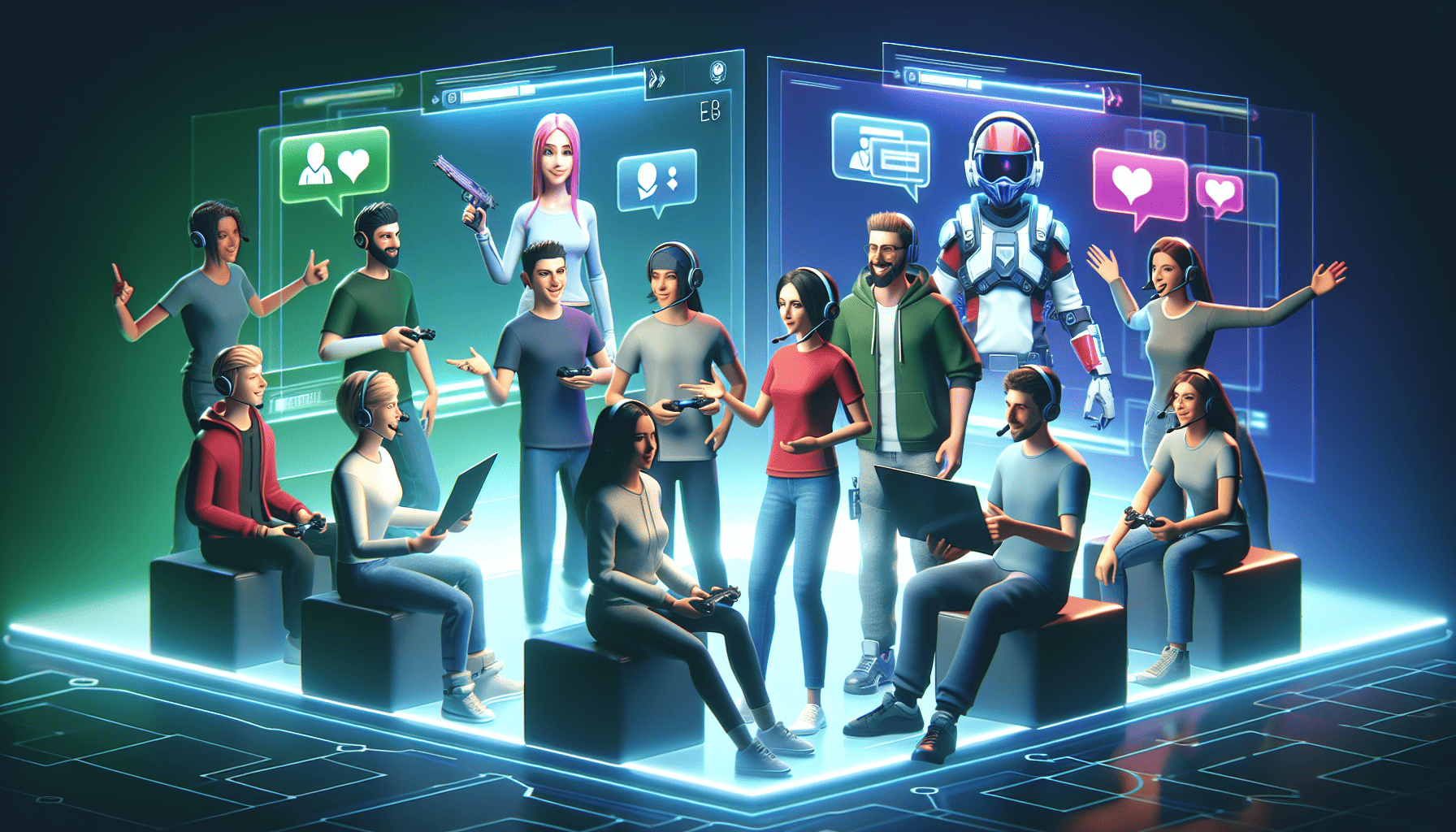Online gaming communities have emerged as one of the most dynamic and socially engaging aspects of the internet landscape. Once primarily considered a solitary hobby, gaming has evolved into an interconnected web of diverse communities where players from all corners of the globe congregate to share experiences, exchange tips, forge friendships, and collaborate on strategies.
The ascent of online gaming communities can be attributed to several technological and cultural developments. Initially, the internet's increasing accessibility provided the infrastructure for players to connect beyond local networks. Moreover, the proliferation of high-speed internet and advanced gaming platforms has enabled seamless multiplayer experiences that function as the backbone for these digital societies.
The heart of these communities lies in their diversity and inclusivity. With games bridging geographical, cultural, and linguistic barriers, players find themselves in environments where collaboration and communication are essential. Platforms like Discord, Twitch, and Reddit serve as bustling forums where gamers discuss game lore, and strategies, and often venture beyond the game to develop personal relationships. Rivalries and friendships formed within these virtual spaces have substantial real-world implications, influencing the way players interact outside of gaming.
Additionally, content creation and streaming have catalyzed a shift in how gaming communities are perceived. Influential gamers, who often double as content creators, build vast followings that form tightly-knit communities. These communities not only bolster the popularity of specific games but also facilitate the exchange of tips and strategies that contribute to both individual and collective progress.
As these digital societies mature, they are starting to affect the gaming industry itself. Developers increasingly engage with communities for feedback and are adjusting their approaches accordingly. Community-driven content mods and expansions are becoming commonplace, leading to games that are more reflective of player desires and expectations.
Looking to the future, online gaming communities are set to become even more integrated into the social fabric. With the rise of virtual reality and augmented reality platforms, these communities are poised to experience unprecedented levels of immersion and interactivity. VR platforms, in particular, promise to create more lifelike interactions, potentially turning virtual socialization into a parallel aspect of daily life.
Moreover, the expanding role of artificial intelligence in gaming could revolutionize community experiences by facilitating personalized content and interactions based on player data. As AI becomes adept at understanding player behavior, it could help curate unique experiences tailored to individual preferences within these communities.
However, as they grow, challenges exist. Protecting community health and managing toxicity remain pivotal, as do the considerations around data privacy and digital security. The balance between maintaining a thriving, open community and ensuring a safe environment will continue to challenge players, developers, and moderators alike.
In conclusion, online gaming communities have transformed the way people interact socially over digital platforms, moving from isolated experiences to communal living. As technology progresses, these communities will continue to evolve, presenting possibilities that promise to redefine the facets of human interaction and digital entertainment. The future holds a vast frontier filled with potential for deeper connections and rich exchanges in the world of gaming.
